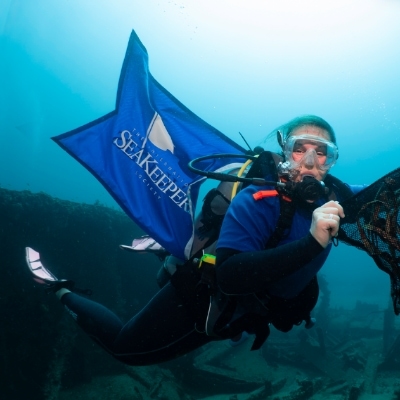Deep & Cheap: Developing low-cost cameras to democratize deep-sea science
Project Overview:
This project aims to develop an affordable, easy-to-use deep-sea camera system that will make ocean exploration more accessible to researchers worldwide. Unlike expensive, high-tech tools like remotely operated vehicles (ROVs) and submersibles, this system will use open-source technology and low-cost materials to create a practical and reliable alternative for studying deep-sea habitats. Designed to operate at depths of at least 1,000 meters, the camera will be deployable from a wide range of vessels and will provide high-quality imagery of the seafloor. By combining innovations like 3D printing and Raspberry Pi computers, the project will create a simple yet effective research tool that requires minimal expertise to operate. Initial testing will take place in shallow UK waters before moving to deeper locations, with support from SeaKeepers vessels. Funding is currently being sought to bring this project to life, with the ultimate goal of democratizing deep-sea research and improving our understanding of marine ecosystems.
Program Partners
- Zoological Society of London
- Arribada Initiative
Location
- UK, Norwegian Fjords or Mediterranean Sea
Expected Time Frame
- May 2026 - May 2027
Duration of Expedition
- Recurring single-day trips at each location
Accommodation Needed
- 2 Researchers
Special Equipment Needed
- Small amount of deck space to safely deploy a small camera system.
Expedition parameters listed above are flexible and negotiable.
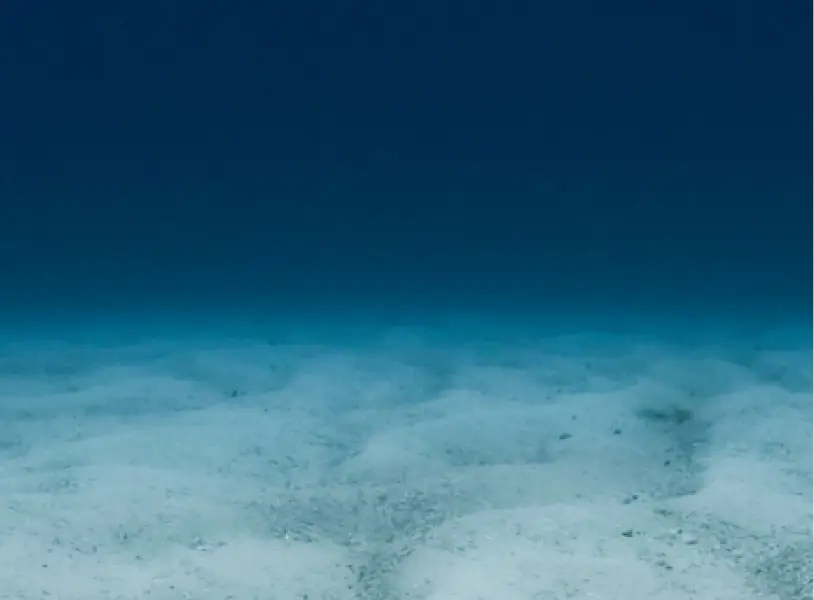
Background:
The deep sea, which covers 65% of our planet, is one of the least explored environments on Earth. Due to the need for expensive, specialized technology, less than 0.0001% of the deep-sea floor has been directly studied, mostly in areas targeted for commercial activities like mining. This lack of exploration limits our understanding and ability to protect these vast marine ecosystems. Effective conservation and sustainable management require more accessible and affordable tools for deep-sea research, enabling scientists worldwide to gather vital information about underwater habitats and species. By democratizing access to deep-sea exploration, we can better protect marine resources for the future.
Mission:
The project aims to develop and test a low-cost (<$5,000) deep-sea drift camera system capable of operating at depths beyond 1,000 meters. Over one year, the team will create a fully functional prototype and conduct test deployments—first in shallow UK waters near marine restoration sites in Kent, Essex, or Sussex, followed by deep-water pressure tests in locations like Scottish lochs or the Faroes-Shetland Channel. A final deep-sea test will take place in waters over 500m deep, potentially in the Mediterranean, Norwegian fjords, or the North Atlantic.
Applications:
The long-term application of this project is to make deep-sea research more accessible by publishing the camera design as open-access, distributing camera units, and building a global user community supported by technical guides and troubleshooting resources. ZSL will also use the system to document vulnerable deep-sea ecosystems, such as cold-water coral reefs off Greenland, to support conservation efforts.
Relevant/Previous Scientific Publication(s):
- Long, Stephen; (2022) The sustainability of deep-sea fishing in Greenland from a benthic ecosystem perspective: the nature of habitats, impacts of trawling and the effectiveness of governance. Doctoral thesis (Ph.D), UCL (University College London).
- Long, S., Blicher, M.E., Hammeken Arboe, N., Fuhrmann, M., Darling, M., Kemp, K.M., Nygaard, R., Zinglersen, K. and Yesson, C. (2021) Deep-sea benthic habitats and the impacts of trawling on them in the offshore Greenland halibut fishery, Davis Strait, west Greenland. ICES Journal of Marine Science. DOI: doi.org/10.1093/icesjms/fsab148
- Long, S; Sparrow-Scinocca, B; Blicher, ME; Hammeken Arboe, N; Fuhrmann, M; Kemp, KM; Nygaard, R; Zinglersen, K; Yesson, C. (2020) Identification of a Soft Coral Garden Candidate Vulnerable Marine Ecosystem (VME) Using Video Imagery, Davis Strait, West Greenland. Frontiers in Marine Science 7(460) DOI: 10.3389/fmars.2020.00460
Program Partners:
Get Involved
If you’re interested in learning more about this specific program opportunity, please reach out to our team below to find out more about this program or get involved in other opportunities with SeaKeepers.
Explore More Opportunities
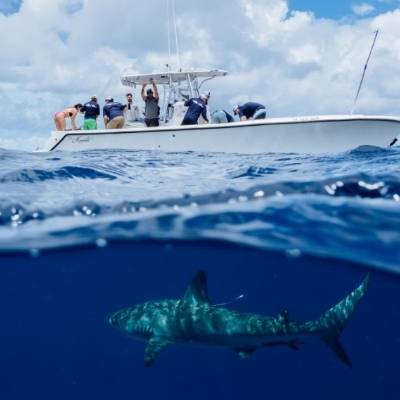
At-Sea Opportunities
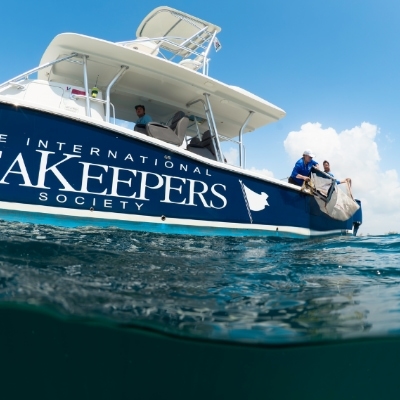
Citizen Science Opportunities
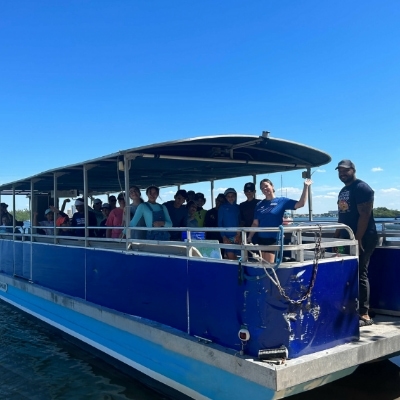
Education Opportunities
